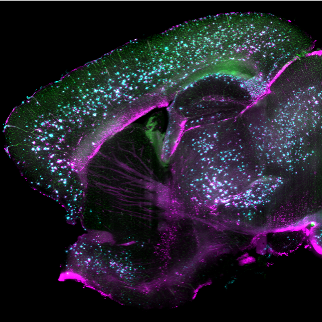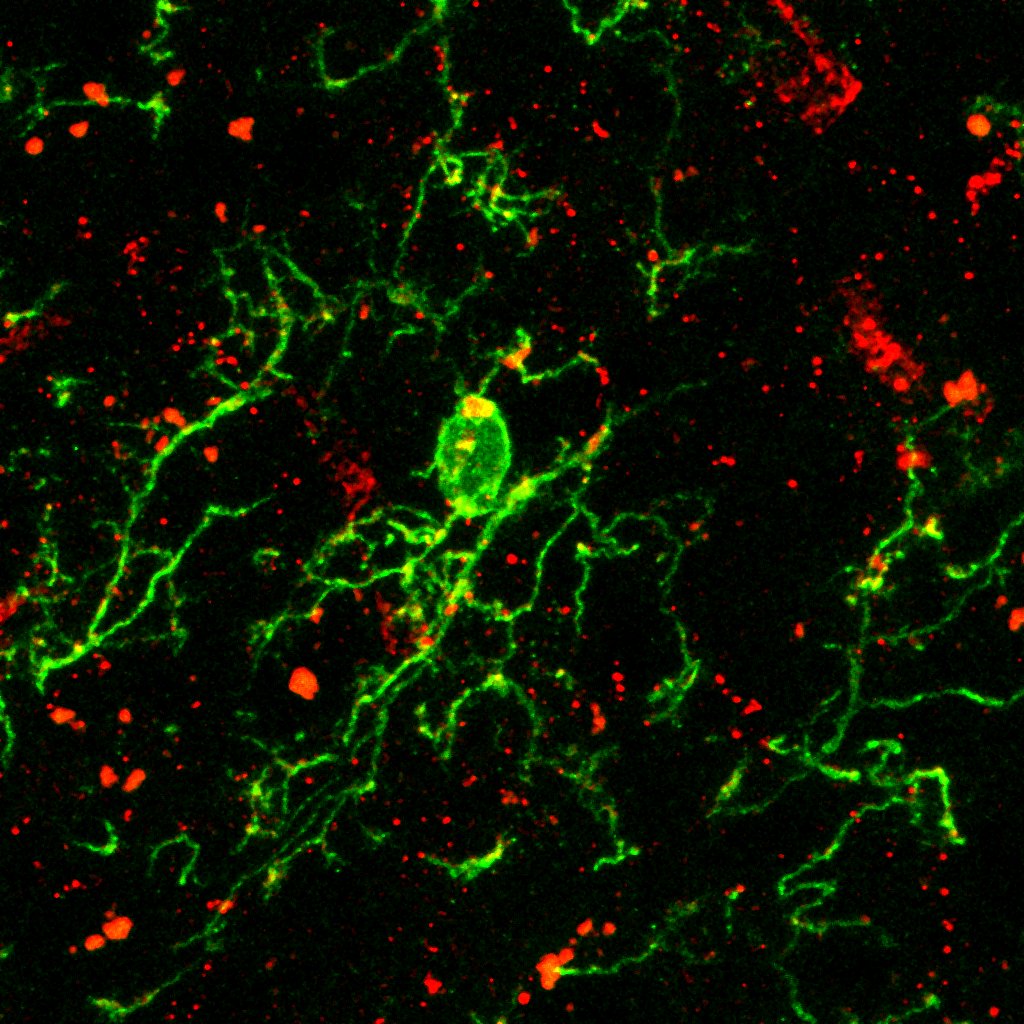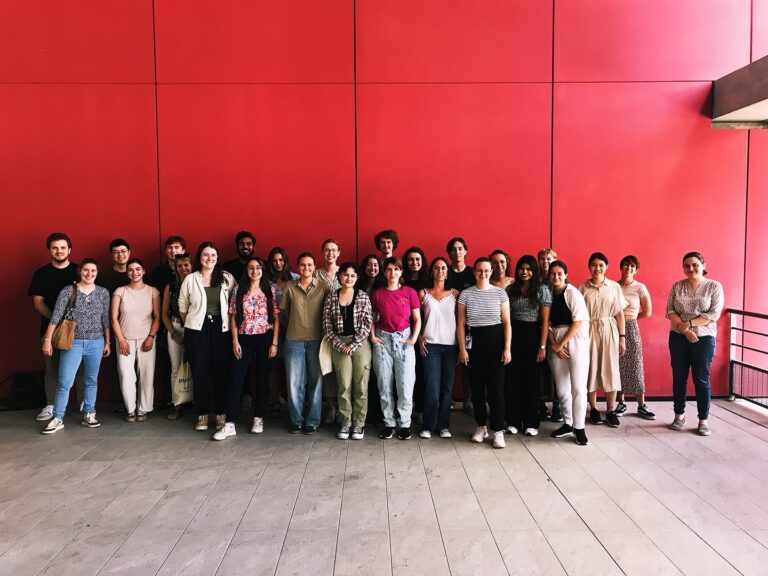

- wenqiang.chen@joslin.harvard.edu
- wenqiang.chen.01@regionh.dk
Mentorship & Teaching
Take-home messages and my general statements:
- the best thing about research is, I can not only explore science, but also to teach my trainees to do science
- Being a great scientist is as important as being a great mentor.
- Being a great mentor requires being sympathetic. You have to feel what your trainees feel.Wenqiang Chen, Ph.D. Tweet
A few brief words to
my future trainees
I hope my website can bring you a sense: a scientist can do both science and enjoy the life (listen to music, travel all over the world, play an instrument, go to the gym for muscle building). Many of the great scientists I have worked with and I have known are great humans, they have their ways of enjoying the life, not only in the lab, but also during the talks, flights, writings…
Having spent a year in Copenhagen, the happiest city in the world, I have seen so many ways of balancing work and life.
The only way of doing science well, is to enjoy of the doing.
My Mentors
I have the great fortunate of being mentored by many great mentors, I can remember all of them and how they spoke with me.
Some of them are in my official mentors, meaning our relationships are registered by paperwork, such as graduate school thesises, offer letters, and I am a part of the research family tree.
But many of them are my non-official mentors, meaning they just helped me as they have helped their own official trainees. Below are many of my personal notes and gratitudes to my mentors. These mentorship relationships have enriched my experience and inspired my thoughts on my future trainees.
- Prof. Ying-Shing Chan (my official Ph.D. advisor): I always remember him sitting on the computer with me, working on my slides one-by-one, and helping me prepare my talks. I always remember him encouraging me in one of my very first JC presentation, he kind of jumpped and said to all the labmates, “this is the best oral presentation I have ever seen, very clear and very logic” —- that was one of the best complement and encouragement I have received.
- Prof. Yi Zhang (my official Postdoc mentor): many said Yi is a demanding PI, but the way I look at this is, he is the only true scientist I have seen who truly loves science. He just hopes we could love science as much as he does. I remember many things he had said to me, including once, he said, for my publication records and background, he will never give a chance to be interviewed, however, he was impressed by my motivations and strong interests in science, and that’s more important than anything else.
- Prof. C Ronald Kahn (my official Postdoc mentor): Everyone treats Ron like “THE GOD” in diabetes/insulin research, but to me, he is like a father or grandpa (plus he has a similar age to my father’s). Ron has proudly trained more than 200 trainees (fellows and students) and he is also a faculty mentor to many junior mentors. Beyond science, I have exposed too many of my vulnerabilities to Ron, becauese I was struggling with everything in real life, family, my research area, my independence and my successes or failures. I trusted Ron and seeked his help, which he helps me, as much as he could, to be able to go through many difficulties. This is something very rare for a mentor to offer. For that (and many), I have my deep gratitude!
- Dr. Karoline Sulek (my non-official mentor): Karoline is the managing PI for my Denmark visit. She told me many words that I will benefit for the rest of my career. On one occasion, she told me that, she will never sacriface her trainees in order to reach to her career success. Every day during lunch time to have lunch with Karolina, it is the best time for us all.
- Dr. Cristina Legido-Quigley (my non-official mentor): Cristina is the reason that I wanted to apply for the Novo Nordisk grant. She is the best person in the world who can work on both AD and diabetes. She is also one of the greatest mentors I could say I really enjoy the meetings. She is extremely supportive, even I am not her official trainess, she gives me all the opportunities to grow my career trajactory, including co-applying a grant with me, and hosting my visit. She is the mentor that I want to collaborate for the rest of my career!
- Dr. Elizabeth Rhea (my non-official mentor). I have the great luck to have three exceptional female scientists to be my non-official mentors. They are not my mentors on paper work, but they are helping me at their best. Elizabeth has helped my career on too many things, grant writing, paper criticizing, co-chairing sessions, inviting me to her institute to give a seminar, introducing to many great PIs. What she helped on my career is what every mentor will help their traineees.
My Mentees (trainees)
I am not an official mentor to mentees, at least not yet, but I have mentored several excellent young scientists. Drawing inspiration from exceptional mentors, I focus on understanding and nurturing the unique paths of my “trainees”. Some examples (but not all of them)
- Emily: Emily a medical student coming from Texas. She got an NIDDK fellowshp to spend the summer at the Joslin and work with me on my Microglia project. Emily’s contributions earned her a co-authorship on my PNAS paper and high praise from Dr. Kahn for her presentation. Our enduring friendship is a testament to the impact of meaningful mentorship. We have so many things in common —- we both love cats and Oscar movies, and Ramen of course!
Chen W, Huang Q, Lazdon EK, Gomes A, Wong M, Stephens E, Royal TG, Frankel D, Cai W, Kahn CR. (2023) Loss of insulin signaling in astrocytes exacerbates Alzheimer-like phenotypes in a 5xFAD mouse model. PNAS 120(21):e2220684120.
- Chunyang: I co-mentored Chunyang through her challenging Ph.D. journey, which was disrupted by the COVID-19 pandemic. Through weekly to bi-weekly Zoom meetings, I provided scientific and emotional support, guiding her through experimental challenges and manuscript preparation. Despite setbacks, Chunyang successfully defended her PhD thesis and is now a promising young investigator in a hospital in China.
Li C, Miao C, Wu J, Ge Y, Gao P, Yin S, Zhang P, Tian B, Chen W#, Chen XQ#. (2024) A molecularly distinct cell type in the dmPAG regulates intermale aggression behaviors in mice. (Under Review) (#co-corresponding author) bioRxiv: doi: https://doi.org/10.1101/2023.10.19.562724
Being mentered my so many great mentors, it is highly unlikely that I will not be a good mentor. Just follow what I have seen in these mentorships, I will do my best to advance my traineee’s success, and most importantly, their individulized success.
Bordeaux School of Neuroscience
In this School, I served as an instructor and taught 3 students in a week-long project that desiged by me: Microglial phagocytosis in AD pathogenesis.
- My commitment to teaching extends to formal roles, such as being an Instructor at the Bordeaux Summer School of Neuroscience. There, I supervised three young female students in a project on microglial phagocytosis in Alzheimer’s disease, inspiring their interest in scientific careers and assisting them in delivering an impressive final presentation.

Below are images that were acquired with my proud three students. They are excellent and highly motivated. Very proud of them!!
© 2025 All Rights Reserved.
